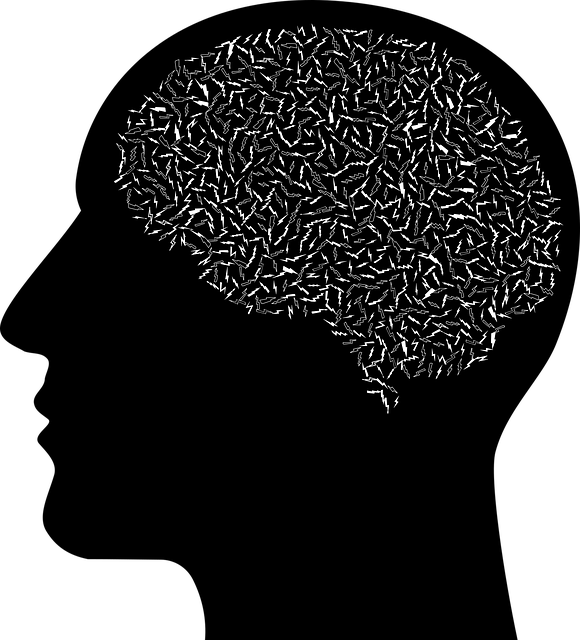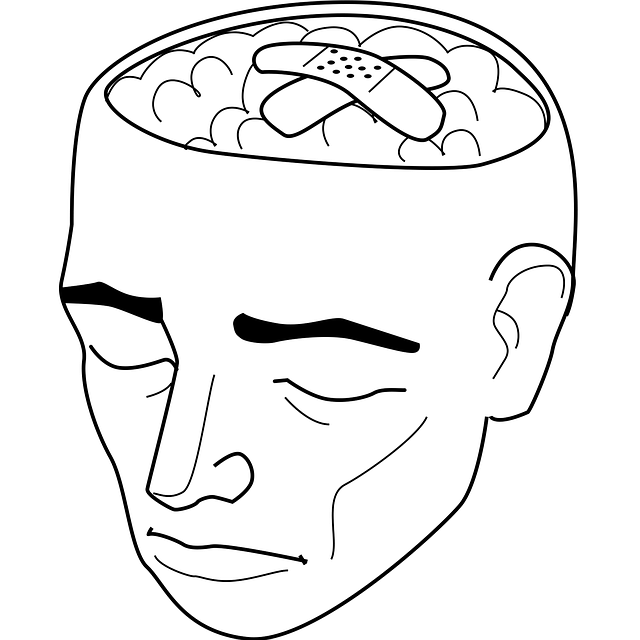Denver Mindfulness Therapy leverages the RFM (Relationship, Functioning, Meaning) model to enhance mental wellness through practical approaches. This framework equips individuals with enhanced coping abilities and a renewed sense of purpose by strengthening relationships, improving emotional regulation, and fostering self-awareness. By integrating RFM into coaching programs and promoting mental wellness journaling, clients develop healthy coping mechanisms, engage in fulfilling activities, and cultivate inner resilience. Empathy-building strategies further promote understanding and self-compassion, while measuring success ensures tailored interventions for unique needs, refining the approach for maximum emotional well-being promotion and depression prevention within the community.
“In today’s fast-paced world, building resilience is key to navigating life’s challenges. The Resilience, Flexibility, and Mindfulness (RFM) framework offers a powerful approach to enhancing mental fortitude. This article explores how Denver Mindfulness Therapy integrates RFM exercises into sessions, fostering resilience among clients. We’ll delve into the benefits, implementation strategies, and measurement techniques, providing insights for therapists aiming to empower individuals to face life’s storms with greater equanimity.”
- Understanding RFM and Its Role in Resilience Building
- Implementing RFM Exercises in Denver Mindfulness Therapy Sessions
- Measuring Success and Adjusting the RFM Framework
Understanding RFM and Its Role in Resilience Building

Resilience is a cornerstone of mental wellness, enabling individuals to navigate life’s challenges with adaptability and bounce back from adversity. At Denver Mindfulness Therapy, we recognize that building resilience isn’t an innate trait but a skill that can be cultivated through specific practices. One powerful framework guiding this process is the RFM model—a structured approach that focuses on Relationship, Functioning, and Meaning.
By integrating RFM into our mental wellness coaching programs development, we empower individuals to strengthen their connections (Relationship), enhance coping mechanisms (Functioning), and rediscover purpose and sense of self (Meaning). Mental wellness journaling exercise guidance within this framework encourages clients to reflect on supportive relationships, identify healthy coping strategies, and explore activities that bring a deeper sense of fulfillment. Additionally, empathy building strategies play a crucial role in fostering understanding and connection, allowing individuals to build inner resilience by cultivating compassion towards themselves and others.
Implementing RFM Exercises in Denver Mindfulness Therapy Sessions

In Denver Mindfulness Therapy sessions, integrating RFM (Resilience, Flexibility, and Mastery) exercises has proven to be a powerful approach for enhancing mental wellness. These exercises are designed to help individuals cultivate self-awareness, a critical component of effective therapy. By focusing on resilience, clients learn to navigate life’s challenges with greater ease, understanding that setbacks are temporary and surmountable. This mindset shift empowers them to face stressors head-on, fostering adaptability in their responses.
The practice incorporates flexibility exercises that encourage individuals to embrace change and ambiguity, a valuable skill in today’s fast-paced world. Furthermore, mastery exercises promote a sense of control and competence, enabling clients to take proactive steps toward personal growth. Integrating RFM into Denver Mindfulness Therapy not only complements traditional therapy methods but also equips individuals with essential self-awareness exercises that enhance their overall social skills training, making them better equipped to engage in healthy relationships and navigate social situations more effectively.
Measuring Success and Adjusting the RFM Framework

Measuring success and adjusting the RFM framework are integral to the effective implementation of resilience-building exercises in Denver Mindfulness Therapy sessions. By setting clear, quantifiable goals, therapists can evaluate individual progress and tailor interventions to meet unique needs. Success might be gauged through participant feedback, increased emotional regulation skills, or reduced symptoms of anxiety and depression—as indicated by standardized assessment tools.
Regular review allows for refining the RFM framework itself. This involves assessing which exercises resonate most strongly with clients, identifying areas where further support is needed, and making dynamic adjustments to maximize emotional well-being promotion techniques. Ultimately, this iterative process ensures that the Stress Management Workshops Organization’s initiatives remain relevant and impactful, fostering depression prevention within the community.
The implementation of RFM (Resilience, Flexibility, and Mastery) exercises in Denver Mindfulness Therapy sessions has proven to be a transformative tool. By fostering resilience, these exercises empower individuals to navigate life’s challenges with greater ease. Through measured success assessments, therapists can adjust the RFM framework, ensuring it remains tailored to each client’s unique needs. As a result, Denver Mindfulness Therapy enhances its ability to promote mental well-being and overall adaptability in a dynamic world.













